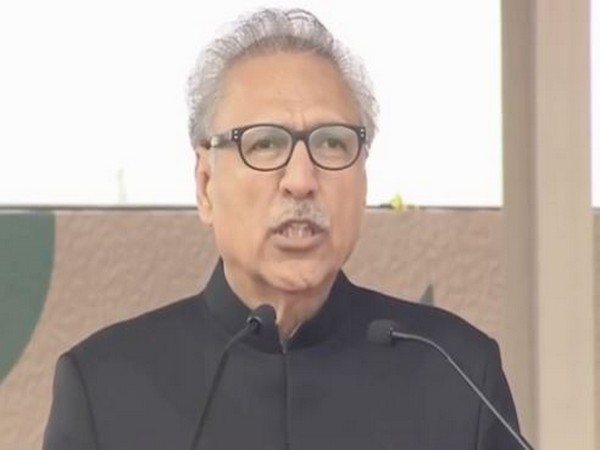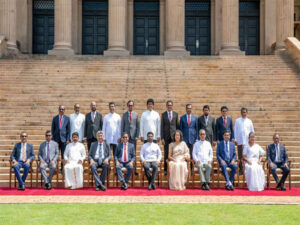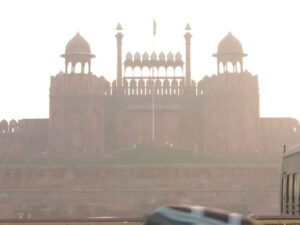
Islamabad [Pakistan], April 20 (ANI): Pakistan President Arif Alvi on Wednesday, for the second time, refused to give his assent to a bill seeking to curtail the powers of the chief justice of Pakistan (CJP). He sent the bill back to the parliament, maintaining that the “bill is sub judice” Pakistan-based Dawn reported. “The matter of competency of legislation and validity of the bill is sub judice now before the highest judicial forum of the country. In deference to the same, thereto no further action is desirable,” President Alvi said.
According to Dawn, the legislation in question, titled the Supreme Court (Practice and Procedure) Bill 2023, is aimed at depriving the office of the CJP of powers to take suo motu notice in an individual capacity and giving the right to appeal in all suo motu cases with retrospective effect.
The legislation was on March 28, approved by the federal cabinet and then passed by both houses of parliament — the National Assembly and Senate — only for the President to refuse to sign it into law with the observation that it travelled “beyond the competence of parliament”.
A joint session of the parliament, however, passed it again on April 10 with certain amendments amid a noisy protest by PTI lawmakers. It was then again referred to the President for his assent and as per the Constitution, in case of the bill not being signed by him within 10 days, his assent would have been deemed granted, according to Dawn.
An eight-member bench of the Supreme Court after the passing of the bill by the joint parliament session, including CJP Umar Ata Bandial, issued an order that bars the government from implementing the bill after it becomes a law. “The moment that the bill receives the assent of the President or it is deemed that such assent has been given, then from that very moment onwards and till further orders, the act that comes into being shall not have, take or be given any effect nor be acted upon in any manner,” read the SC’s interim order, according to Dawn.
The apex court’s pre-emptive move has received criticism from the ruling coalition at the Centre. The federal government has also raised objections to the eight-member bench that has taken up the matter, terming it “controversial and unilateral”, and so has the Pakistan Bar Council. (ANI)



















